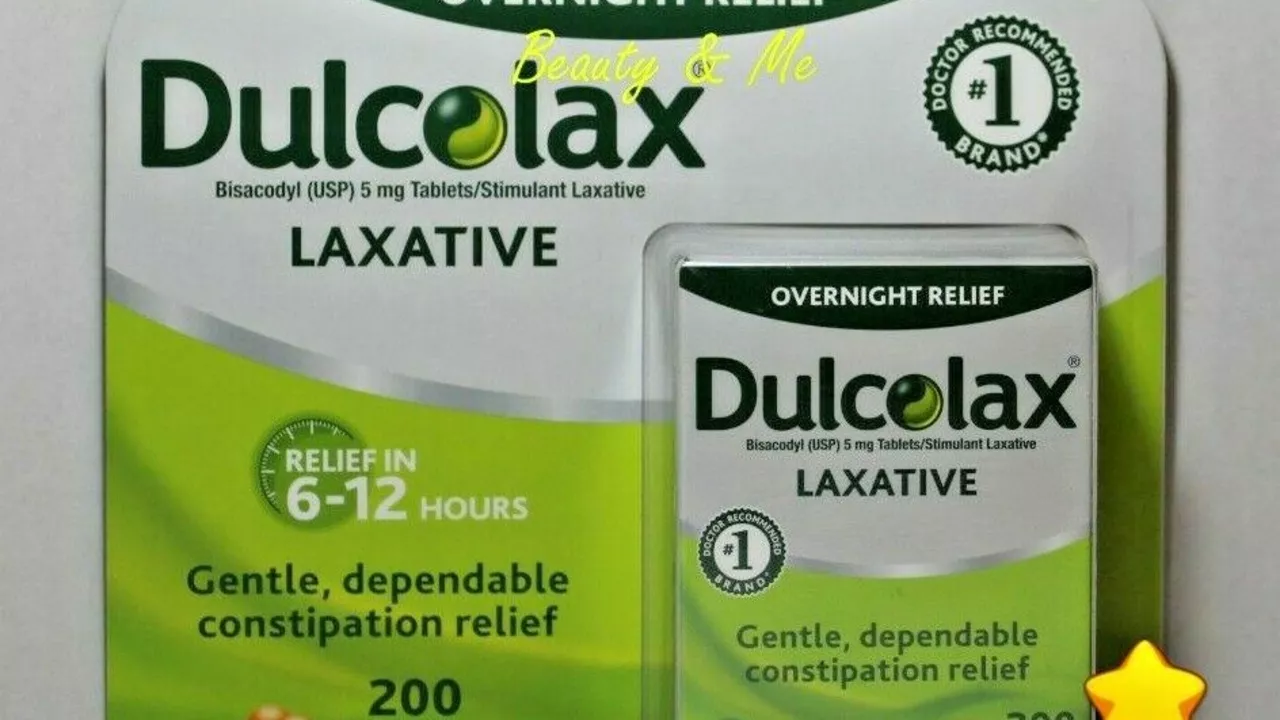Constipation Management: Simple Steps That Work
Constipation is common and annoying, but you can often fix it without a prescription. Start with small, realistic changes: eat more fiber, drink extra water, move more, and set a regular bathroom routine. These things help stool move through your gut more smoothly and reduce the need for medicines.
Fiber is the easiest win. Aim for 20–35 grams a day from whole foods: oats, beans, lentils, apples, pears, berries, and veggies. If you struggle to get that from food, try a psyllium supplement (Metamucil-style) once daily. Add it slowly and drink plenty of water — otherwise fiber can make constipation worse.
Lifestyle habits that change everything
Timing matters. Try to sit on the toilet for 5–10 minutes after breakfast — your body’s natural reflex is strongest then. Don’t rush bowel movements; relaxing helps. Walk 15–30 minutes a day to stimulate bowel activity. Cut back on constipating foods like excessive dairy, processed foods, and too much red meat. Limit alcohol and caffeine if they dehydrate you.
OTC options and what they do
If lifestyle changes aren’t enough, over-the-counter options work well short-term. Know the types so you pick the right one:
- Bulk-forming agents (psyllium, methylcellulose): Safe for daily use; need water. Good for mild, chronic constipation.
- Osmotic laxatives (polyethylene glycol, lactulose): Pull water into the bowel; gentle and effective for many people.
- Stool softeners (docusate): Make stool easier to pass; useful when straining is a concern, like after surgery or childbirth.
- Stimulant laxatives (bisacodyl, senna): Work faster by increasing bowel contractions. Use short-term — overuse can cause dependence.
- Suppositories and enemas: Fast relief when needed, not for regular use.
Always follow package instructions. If you’re on other meds (iron, certain painkillers, antidepressants), ask a pharmacist which option pairs best with them.
Watch for warning signs: severe belly pain, vomiting, unexplained weight loss, bloody stools, or sudden change in bowel habits lasting more than two weeks. These need a doctor’s check-up. Also get medical advice if you’re 50+ and haven't had recent colon cancer screening.
For kids and babies, the approach differs — more fluids, fruit purees, and gentle osmotic laxatives are often recommended. Check with a pediatrician before giving any medicine to a child.
If constipation keeps coming back despite these steps, your doctor may check for underlying causes (thyroid problems, medication side effects, nerve or muscle issues) and recommend tests or prescription treatments. With the right mix of habits and help, most people find steady relief within weeks.

